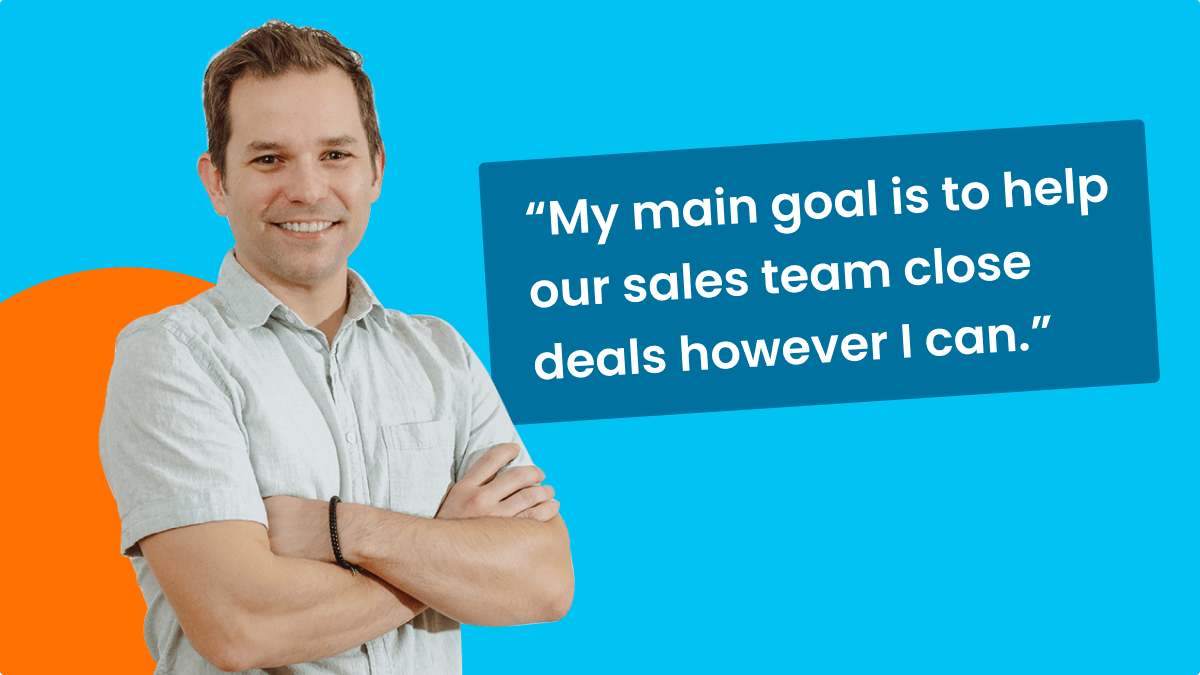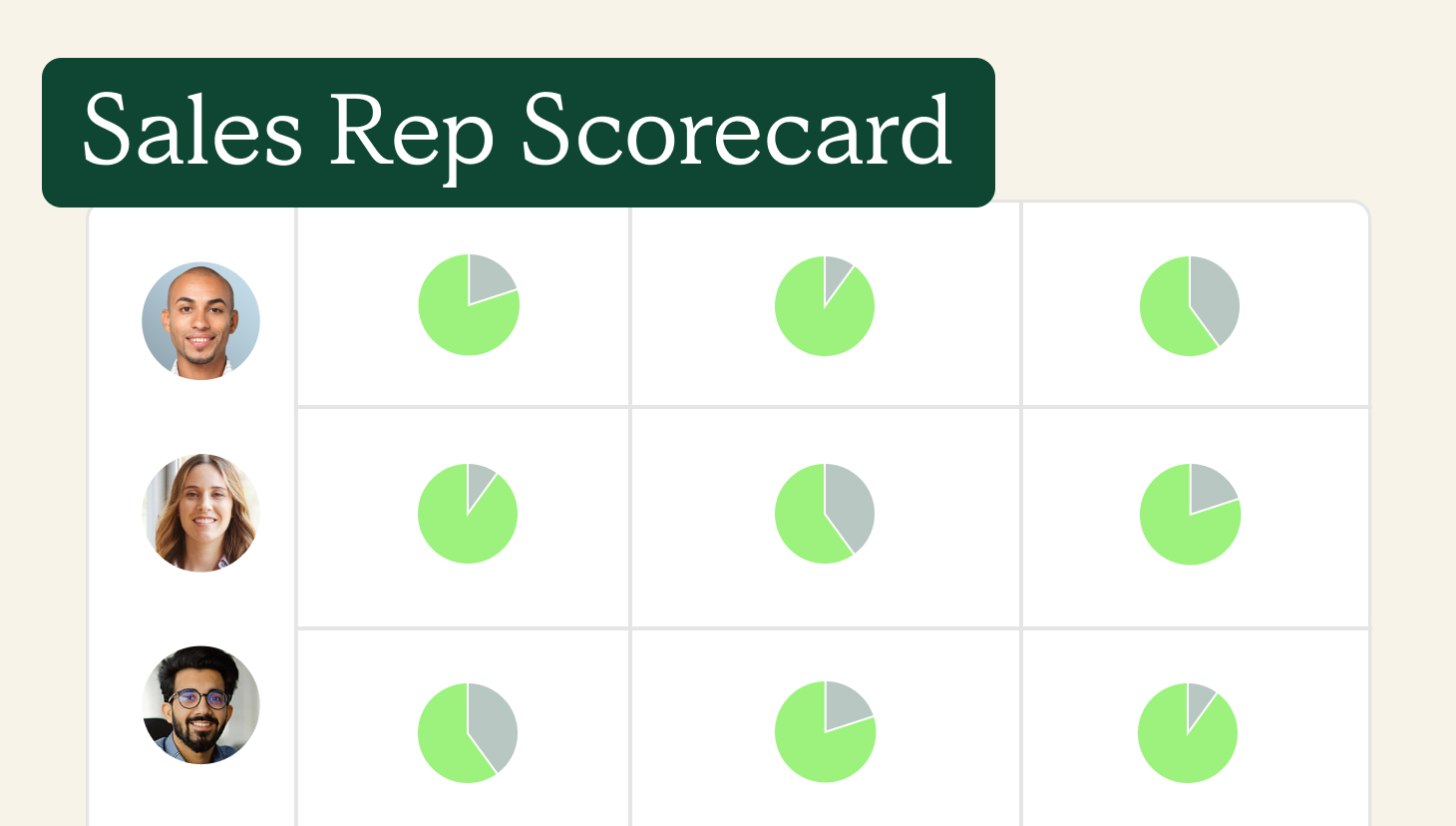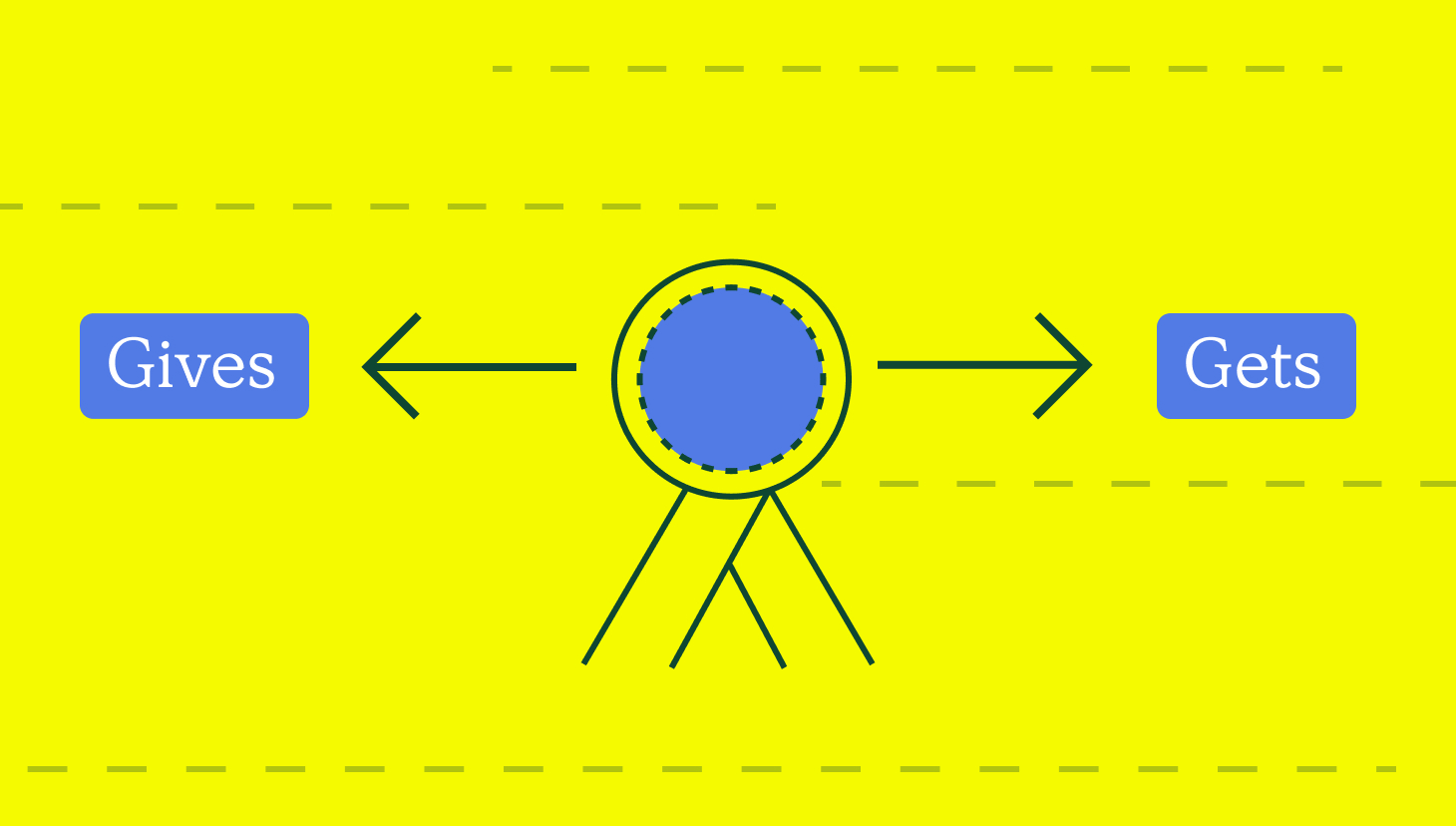According to the U.S. Bureau of Labor Statistics, about 60,000 individuals held the role of “sales engineer” in 2021.
This role most frequently appeared in the computer systems design and related services industry, more commonly known as SaaS.
But what does a sales engineer do and how do you compensate them?
Below we detail the role, and compensation structures, and learn more about the support and services they provide. And we do so via the experience of our own sales engineer.
First, what does a sales engineer do?
A sales engineer brings technical skills, business knowledge, and customer service to support growth teams during the selling and implementation process of a customer’s journey.
They serve as specialists and technical experts during sales calls to establish trust within the technical frameworks of the product and show benefits in a way that go deeper than the rep’s pitch.
At QuotaPath, we introduced a solutions consultant role last summer.
After flooding our reps with proof of concepts and over-scheduling our CTO and Head of Product with sales calls, we knew it was time for a dedicated resource to support Sales.
Our very own Michael Davenport earned the promotion to solutions consultant after two years as an Account Executive. His sales background combined with his history of shining in deals that required intensive product technical know-how made him the perfect candidate.
Sales engineer responsibilities at QuotaPath
As a solutions consultant, Michael acts as a sales engineer and is introduced mid-way into the sales cycle after the rep has identified complexities that go beyond the usual requests. He also works in conjunction with Coleman O’Phelan, our solutions engineer, who reports to our Director of Product and does more of the coding work required for system integrations.
Here, technical issues might arise when it comes to integrations or comp plan design.
For instance, our commission tracker and sales compensation software ingest thousands of different comp plans. During the sales process, we ask our prospects to send us their plans, or comp plan descriptions and spreadsheets.
At that point, the sales team must interpret and validate how we’ll build the plan framework within QuotaPath.
“From there, we must also validate how we’re going to integrate into the prospect’s system to get the data to flow into QuotaPath,” Michael said.
That’s when Michael lends a hand to accelerate the sales cycle.
“I take the technical work of validating comp plans and integrations off of the rep’s plate so they can focus on the sales cycle and quickly close the deal,” Michael added.
His presence in the deal also helps ensure a smooth transition from sales to onboarding to ensure that everything will work accordingly when our customer success team takes over.
And while the position is still relatively new, Michael said the key metric he’s established for himself is the annual recurring revenue generated from deals that include his involvement. He also looks into the closed/won rates for deals he’s in versus those he’s not.
“Ultimately, my main goal is to help our sales team close deals however I can,” Michael said.
Sales engineer metrics
QuotaPath remains in the early stages of this role, but as time progresses, Michael said he plans to implement the following metrics to gauge his success:
- Closed/Won rates of deal involvement
- Sales engineers’ time spent on deals and effectiveness on outcomes
- Categorizing the types of sales he’s brought into
“The last two will help me report at the end of a month or quarter that I spent, for example, 70% of my time on sales calls and 30% on customer calls with our CSMs,” Michael said. That information will then help inform him where he should spend more time.
Sales engineer compensation
Michael’s seen a lot of sales comp plans in his work at QuotaPath, and that includes sales engineer compensation structures.
“I most often see team-based structures for small solutions consulting or engineering teams,” Michael said. “So, if the team achieves 80% of their number collectively, then my commission as a solutions consultant kicks in.”
For larger teams, Michael said sometimes you’ll see sales engineers assigned to a small group of reps who earn commissions only from the group’s total earnings. For example, if an engineer supports a pod of three or four reps, the engineer earns a percentage or bonus off every deal that pod closes, or any deal they play a role in.
“These plans can start at the high level with the engineer earning a bonus from any deal regardless of the involvement. Or, they can go deeper by only compensating on deals the engineer supports,” Michael said.
As for base-to-variable pay ratios, Michael said he most frequently sees 80:20 splits, with 20% attributed to variable pay.
“The most important thing to remember is to incentivize what you want the person’s role to do,” Michael said. “If they support an entire team, then their compensation should be broad.”
However, if they’re used for a specific use case, such as writing code for one part of the platform, then consider paying them on only the deals they’re writing code for.
Who does a sales engineer report to
Most frequently, you’ll see sales engineers report to the head of customer success. That’s the case here at QuotaPath, too.
This proximity to customer success helps instill a seamless handoff once the prospect upgrades to customer. This also helps ensure that the product will work accordingly as reviewed during the sales process when the sales engineer joined the conversation.
When is it time to add a sales engineer?
How do you know when it’s time to add a sales engineer to your salesforce?
“Salespeople will look for answers somewhere, so why not devote a dedicated resource, such as a sales engineer, to help them sooner?” Michael said.
If you’re noticing an uptick in complicated sales calls that require large time commitments from your reps and none sales leaders, it might be time to consider a sales engineer.
Thank you for the chat, Michael! To learn more about compensation plan design and commission structures, visit Compensation Hub. This resource includes 20 customizable comp plan templates. To see your comp plans automated in QuotaPath, book time with their team today.



